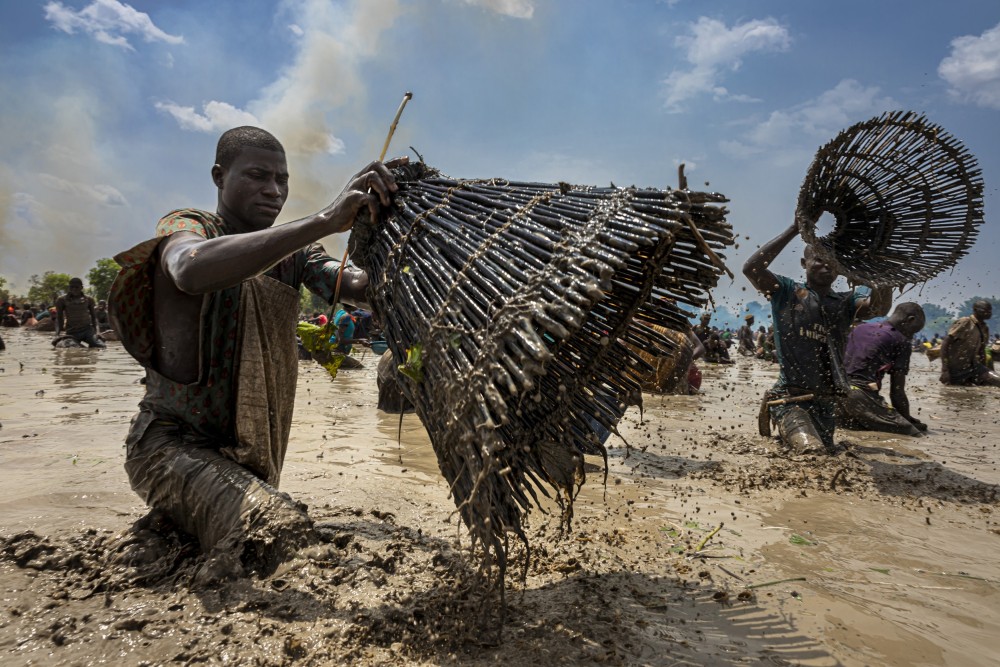The long-term preservation and protection of Pendjari National Park can only be achieved with active participation and engagement with local communities and local authorities. With at least 40,000 people living around the park, building long-term support is a top priority.
Agriculture is the main occupation, and limited space for planting crops is the main issue faced by local populations. On the outskirts of Pendjari, 30,000 hectares are utilised by local communities for agricultural production and livestock. Therefore, in collaboration with the Village Associations Union for Wildlife Reserves Management (AVIGREF), sustainable livelihood projects have been initiated and increased support provided to vulnerable communities, including a revised security strategy.
Community Engagement
The community team has grown in strength thanks to very good collaboration with AVIGREF and the communal councils of the municipalities bordering the Pendjari Complex. Reorganisation of land use has enabled community land users to be recorded and the regulation of more than 3,500 ha of agricultural land. This has helped to promote organic farming, such as cotton production, and has facilitated human wildlife conflict management. Community residents also receive authorisation to access park resources, such as fisheries, grazing, shea nut and medicinal plants.
Education and Environmental Awareness
Our aim is to provide quality education that will support economic and social transformation while raising awareness of environmental issues. In 2022, teaching materials and desks were donated to schools on Pendjari’s periphery, teachers’ salaries were supplemented, and one school and three school canteens rehabilitated. Ten monthly environmental clubs reached 1,500 schoolchildren over the year.
Sustainable Enterprise Development

The creation of alternative and more sustainable livelihoods is a priority for African Parks. 2022 saw the regulation of more than 3,500 ha of agricultural land, which promoted organic farming, with 180 tonnes of organic cotton produced by 240 farmers, and nearly 13,000 seedlings of various flora planted. In the same year, beekeepers produced 750 kg of honey; fishermen sold over 12 tonnes of fish; and 200 kg of soya seeds were provided for organic soya production. Nearly 1,000 residents received authorisation to access park resources, such as fisheries, grazing, shea nut and medicinal plants.
Community Infrastructure Development
To provide water for communities and livestock, two waterholes have been opened with more under construction. Nearly 30,000 cattle have been vaccinated since 2017 to prevent the spread of bovine diseases to wildlife.
